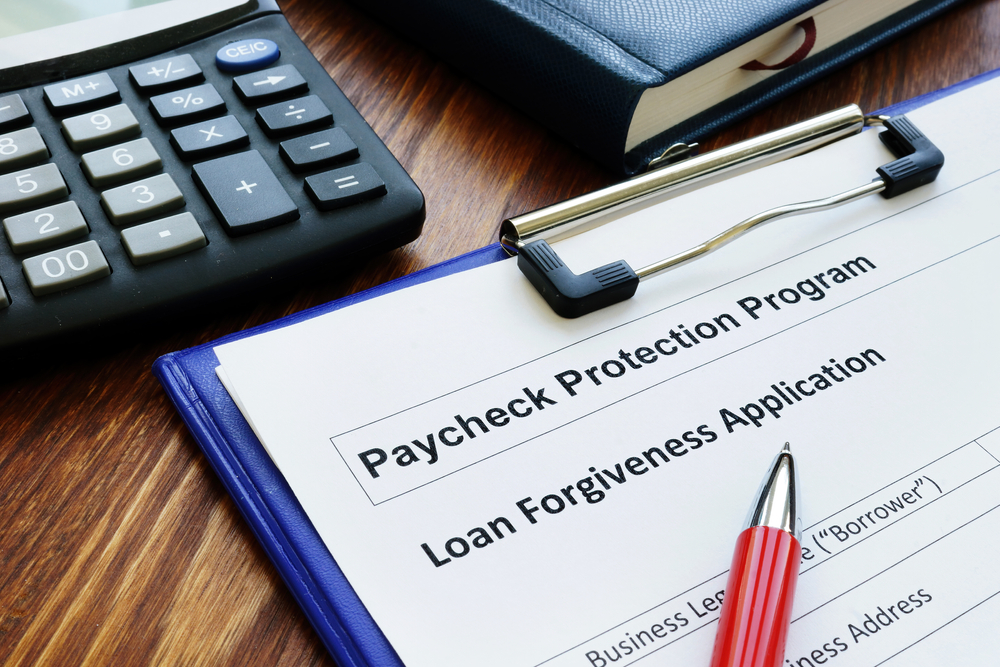PPP Loan
Normally, when a debt is cancelled or forgiven, Code §61(a)(11) dictates that the amount forgiven be included in the taxpayer’s gross income. Under Code §108, however, there are a number of exceptions where COD income need not be recognized. As listed in Part I of Form 982, these include: (1) bankruptcy; (2) insolvency; (3) qualified farm indebtedness; (4) qualified real property business indebtedness; and (5) qualified principal residence indebtedness. But if one of these “exceptions” is successfully used to avoid taxation of COD income, then any “tax attributes” (or, the bases of any depreciable or amortizable property) must be reduced as outlined in Part II of Form 982 and governed by the regs under Code §1017.
Comment: It should be pointed out that even though the forgiveness of debt excluded under Code §108 can result in the reduction of any tax attributes that the taxpayer might have, there is no impact on the current deduction of any expenses that may have been previously paid with these excluded loan proceeds. Nevertheless, Code §362(c) does stipulate that any assets acquired with tax-exempt contributions to capital would have a zero basis. But now that Code §118 has been repealed by the TCJA, this is not so much of an issue. And since any PPP loans must strictly be used for only certain expenses, this would not allow these monies to be used to acquire assets (v. paying “forgivable expenses”).
Authored by:
Dr. John Connors, JD, CPA, LLM
Tax Educator’s Network, LLC
TaxesProf@msn.com
For subscription information on Dr. John Connors’ educational materials, click here.




